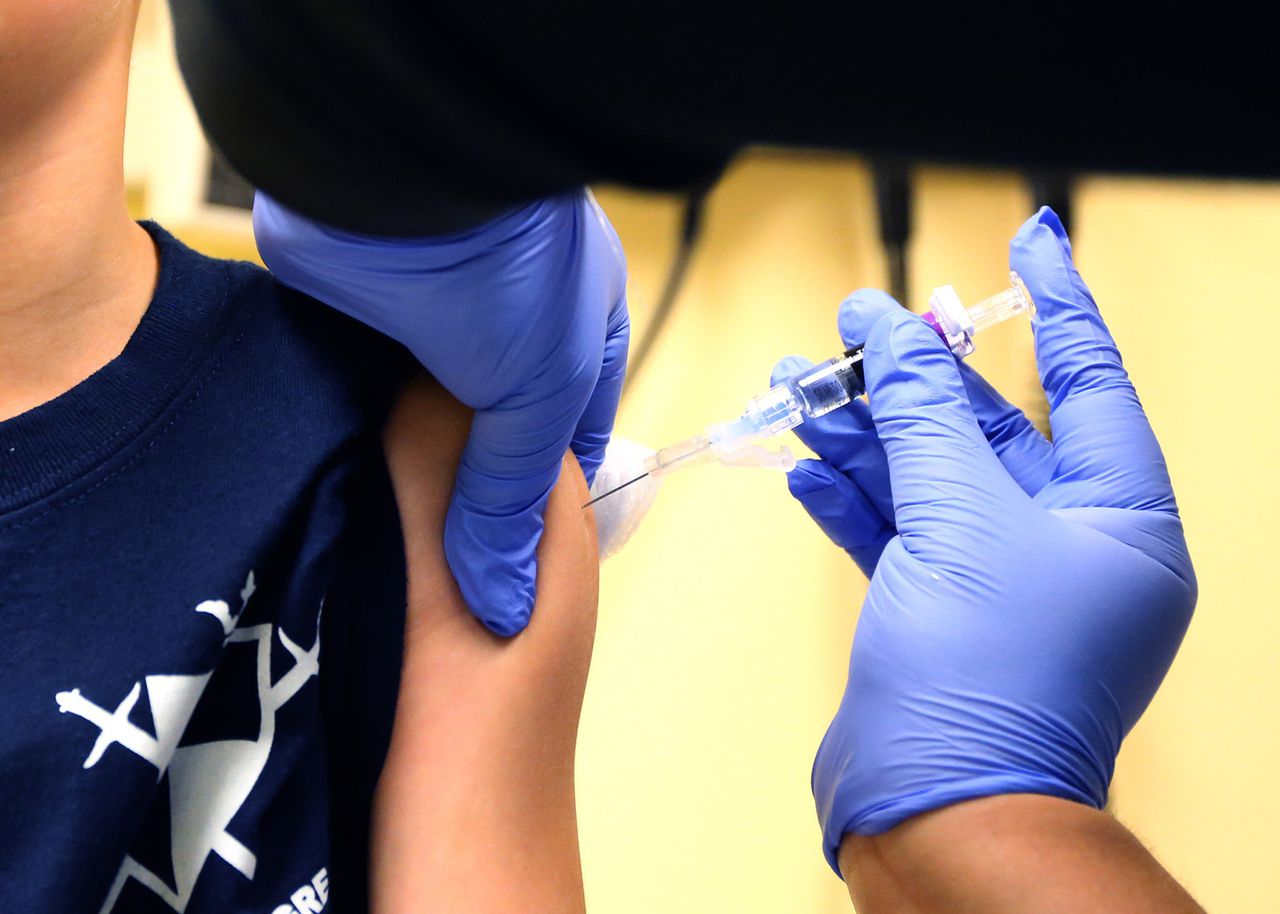Does your child have the flu? Cases are increasing in Alabama
Alabama is reporting high levels of influenza, including lots of doctor’s visits for children and young people, officials said Monday.
At least two school districts have had to briefly change operations due to sickness and absences.
Alexander City Schools will shift to remote learning Tuesday and Wednesday due to a rising number of flu cases that has caused 20% of both the district’s faculty and students to be absent with the virus.
In a letter sent home to families today, Superintendent Beverly Price said the absentee rate has doubled since Friday. It is their hope that transitioning to a virtual model will help the spread subside. School buildings will be disinfected during the transition and extracurricular activities will be canceled.
Demopolis schools also will go remote for two days.
According to the Alabama Department of Public Health, “influenza-like illnesses are increasing in most parts of the state.” The agency said 15 influenza or influenza-like outbreaks were reported the week of Oct. 10 and rates are well above where they were at this time compared to the last two flu seasons.
Alabama was among the states with the highest levels of influenza-like-illness activity during the week of Oct. 15, according to the Centers for Disease Control and Prevention. Only the District of Columbia, Georgia, New York, South Carolina, Tennessee and Texas reported higher rates.
“We can only speculate, but we assume that the early spread of flu may be due to increased circulating strains, the relaxation of mitigation measures experienced during COVID, and the modest uptake of flu vaccines for this season,” said Dr. Wes Stubblefield, district medical officer at ADPH, in a statement to AL.com. “Influenza often spreads very quickly among children and adolescents as they spend a large amount of time in congregate settings (school).”
Read more Ed Lab: Alabama schools aren’t ranked last in the country anymore. What changed?
Stubblefield noted that two weeks ago – the most recently available data – most visits to doctor’s offices for influenza-like illnesses were among 5-24 year olds.
ADPH is recommending everyone over 6 months old receive a flu vaccine before the end of October to best prevent against the virus, adding that the vaccine is especially important for adults ages 65 and older, children under 5, pregnant women, people with weakened immune systems, and people with chronic conditions such as asthma, diabetes or heart and lung disease.
Along with the flu shot, which takes about two weeks to provide full protection, the CDC recommends the following preventative measures:
- Avoid close contact with people who are sick. When you are sick, keep your distance from others to protect them from getting sick too.
- Stay home when you are sick.
- Cover your mouth and nose with a tissue when coughing or sneezing.
- Wash your hands often.
- Avoid touching your eyes, nose or mouth.
- Practice other good health habits like cleaning and disinfecting frequently touched surfaces, getting plenty of sleep, being physically active, drinking plenty of fluids and eating nutritious food.
